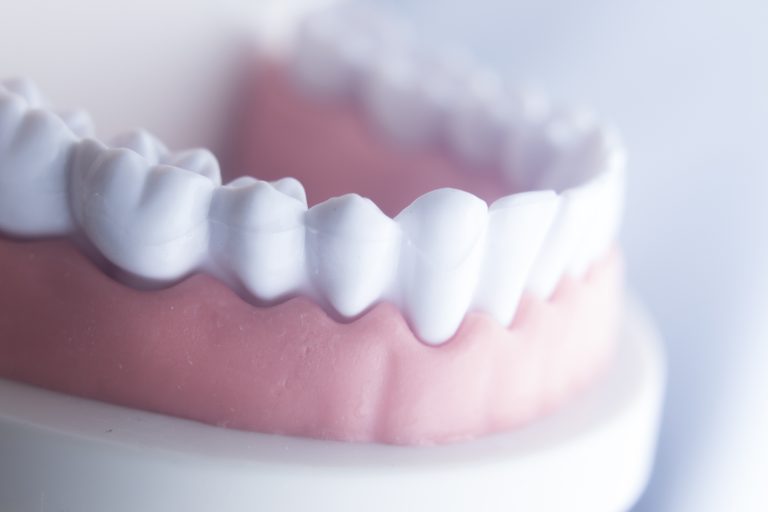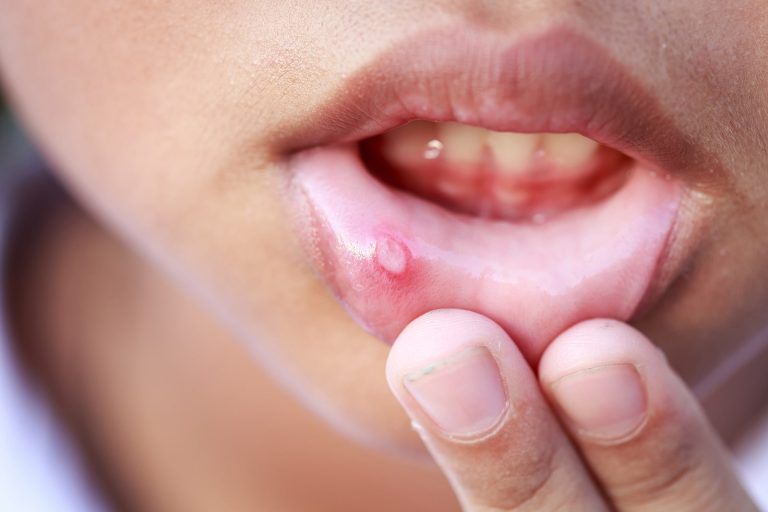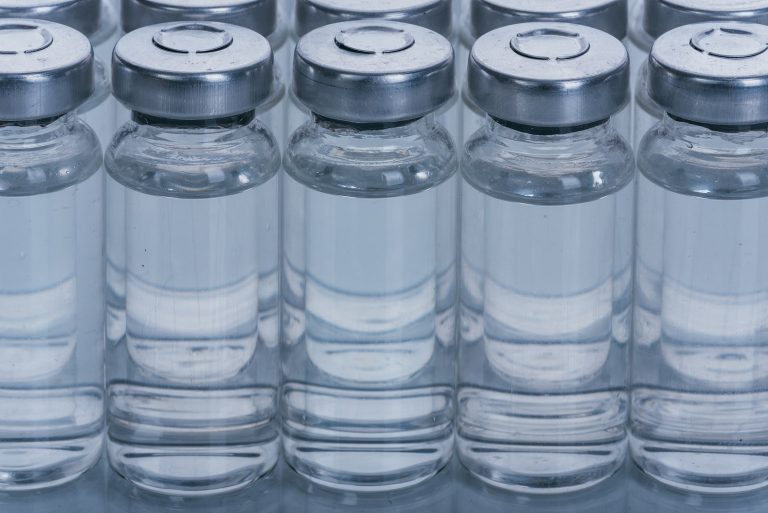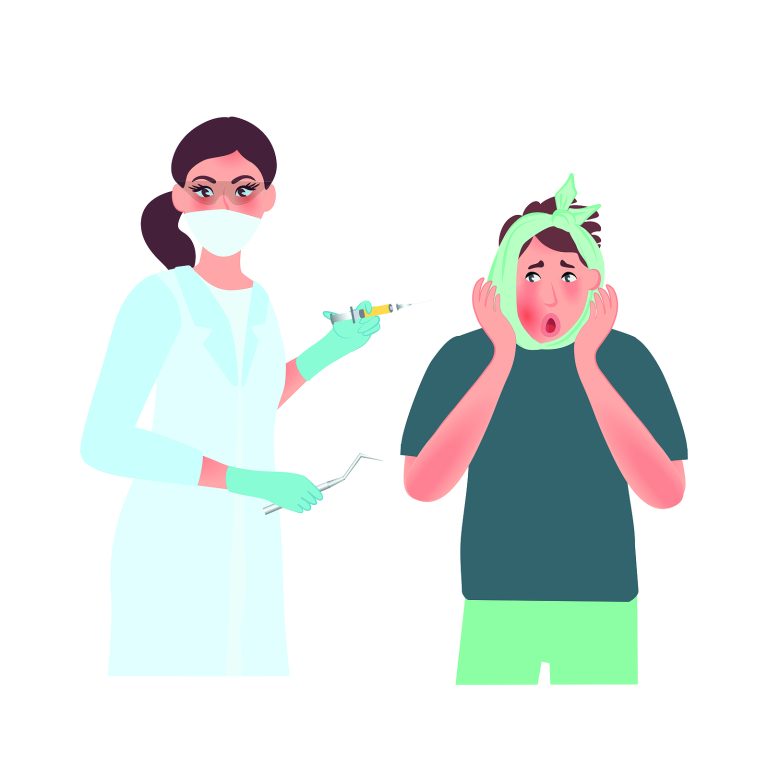A clear, patient-friendly guide with UK-appropriate clinical advice, red flag symptoms and what to do next.
Key points
- Bad breath (halitosis) is common and usually linked to oral bacteria, gum disease, food debris, dry mouth, or lifestyle factors. It can occur with a dental abscess, but on its own is not proof of one.
- A dental abscess is a pocket of pus from a bacterial infection of the tooth or gum. Typical features: throbbing pain, swelling, tenderness to bite, a bad taste, and sometimes fever.
- Definitive treatment is dental drainage (via the tooth or gum), often with root canal or extraction antibiotics are not a cure on their own and are used only when clinically indicated.
- If you suspect an abscess, seek urgent dental care. Go to A&E/999 if you have breathing or swallowing difficulty, rapidly spreading swelling, fever/rigors, or feel very unwell.
How bad breath and dental abscesses are connected
Bad breath arises when bacteria break down food debris and proteins, releasing volatile sulphur compounds. Poor oral hygiene and gum disease are the most common causes.
The same bacterial and plaque environment also raises the risk of tooth decay and gum infections, which, if unchecked, may lead to abscess formation.
When halitosis is due to a dental infection, you may notice:
- Foul taste/odour around a specific tooth
- Localized toothache (often throbbing), worse on biting
- Swelling of the gum or face near the tooth
- Sensitivity to hot/cold
- A small gum pimple (sinus) that may ooze pus
Halitosis alone is not diagnostic. Many non-abscess causes exist. But persistent bad breath – especially with pain or swelling – should trigger a dental assessment.
Other common causes of halitosis (not an abscess):
- Gum disease (gingivitis/periodontitis)
- Tongue coating and poor oral hygiene
- Dry mouth (xerostomia): medications, dehydration, mouth breathing
- Diet/lifestyle: tobacco, alcohol, strong-smelling foods
- Dentures/orthodontic appliances not cleaned properly
- ENT or GI factors: tonsil stones, sinusitis, reflux (less common)
A dentist or hygienist can usually pinpoint the cause and advise targeted treatment.
What to do if you suspect a dental abscess
- Arrange urgent dental care the same day or as soon as possible.
- Pain relief: use paracetamol/ibuprofen if suitable for you (check interactions/allergies).
- Do not attempt to lance or squeeze the swelling.
- Seek emergency help (999/A&E) if you have red flags:
- Swelling under the tongue/floor of mouth
- Trouble swallowing, speaking, or breathing (airway risk)
- Rapidly spreading facial swelling or eye swelling
- High fever, rigors, confusion, or you feel very unwell/immunocompromised
How dentists treat an abscess (and why this fixes the smell)
- Source control is key: drainage through the tooth (root canal) or an incision in the gum; or extraction if the tooth cannot be saved.
- Cleaning/disinfection removes infected tissue and bacteria that produce odour.
- Antibiotics are reserved for spreading infection, systemic illness (fever/malaise), high-risk patients, or when immediate operative care isn’t possible. They support but do not replace drainage.
- Once the source is treated, halitosis from the infection usually resolves quickly, and any persistent bad breath can then be managed by improving everyday oral hygiene and addressing gum health or dry mouth.
Can antibiotics help with dental abscesses?
Sometimes. A clinician may prescribe a short course (often a penicillin such as amoxicillin if appropriate) only when indicated, e.g., spreading cellulitis or systemic symptoms, or if immediate dental treatment can’t be arranged.
UK guidance emphasises shortest effective courses and avoids unnecessary antibiotics to limit side-effects and resistance.
In the UK, antibiotics like amoxicillin are prescription-only and should follow a clinician’s assessment.
Responsible online services provide a condition-led consultation and will signpost urgent face-to-face dental care for drainage.
How to prevent halitosis and dental abscesses
- Brush twice daily with fluoride toothpaste (spit, don’t rinse).
- Clean between teeth (floss/interdental brushes) and clean your tongue.
- Regular dental and hygiene visits for early management of gum disease and decay.
- Manage dry mouth (adequate fluids, saliva substitutes, medication review).
- Limit free sugars, stop smoking, and moderate alcohol.
Author: Dr Javeria Kiran Ahmed
Credentials: Dental Surgeon (GDC No. 244004), Qualified from University of Bristol 2013, BDS.
Specialist Interest: Restorative Dentistry, Occlusion, Treatment of Complex Dental Cases, Facial Aesthetics, and Clear Braces







